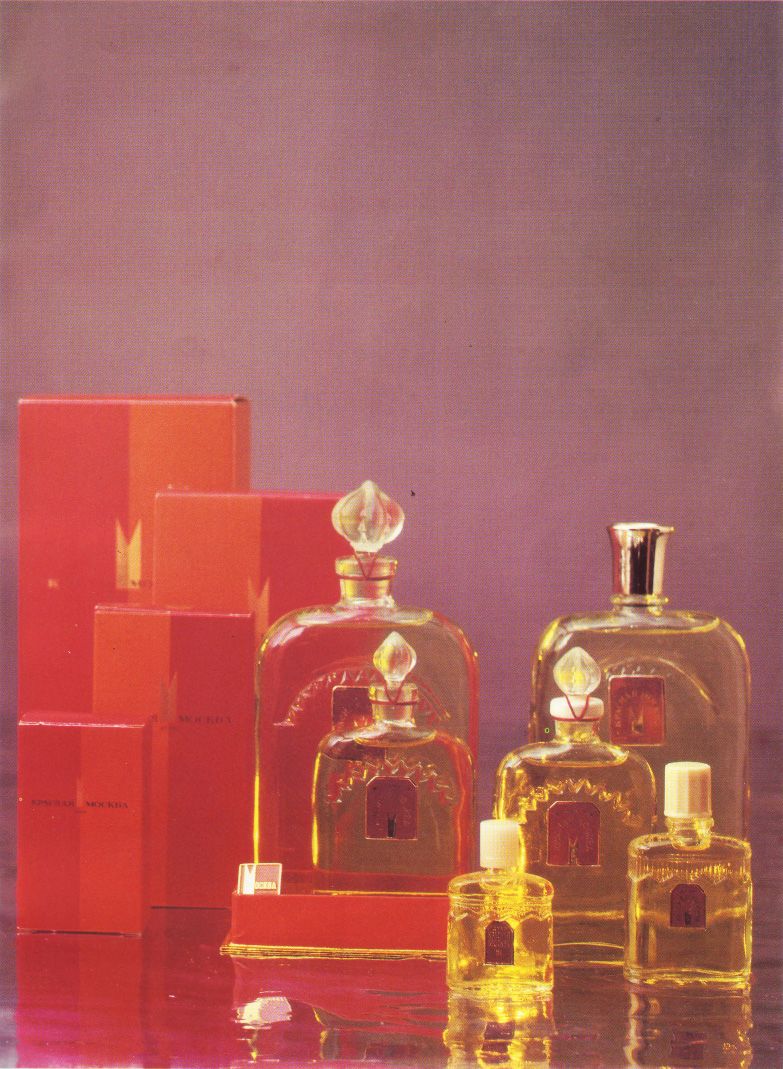Ways of Smelling with MATIERE PREMIERE
Aurélien Guichard grows the roses he uses for his fragrances himself.
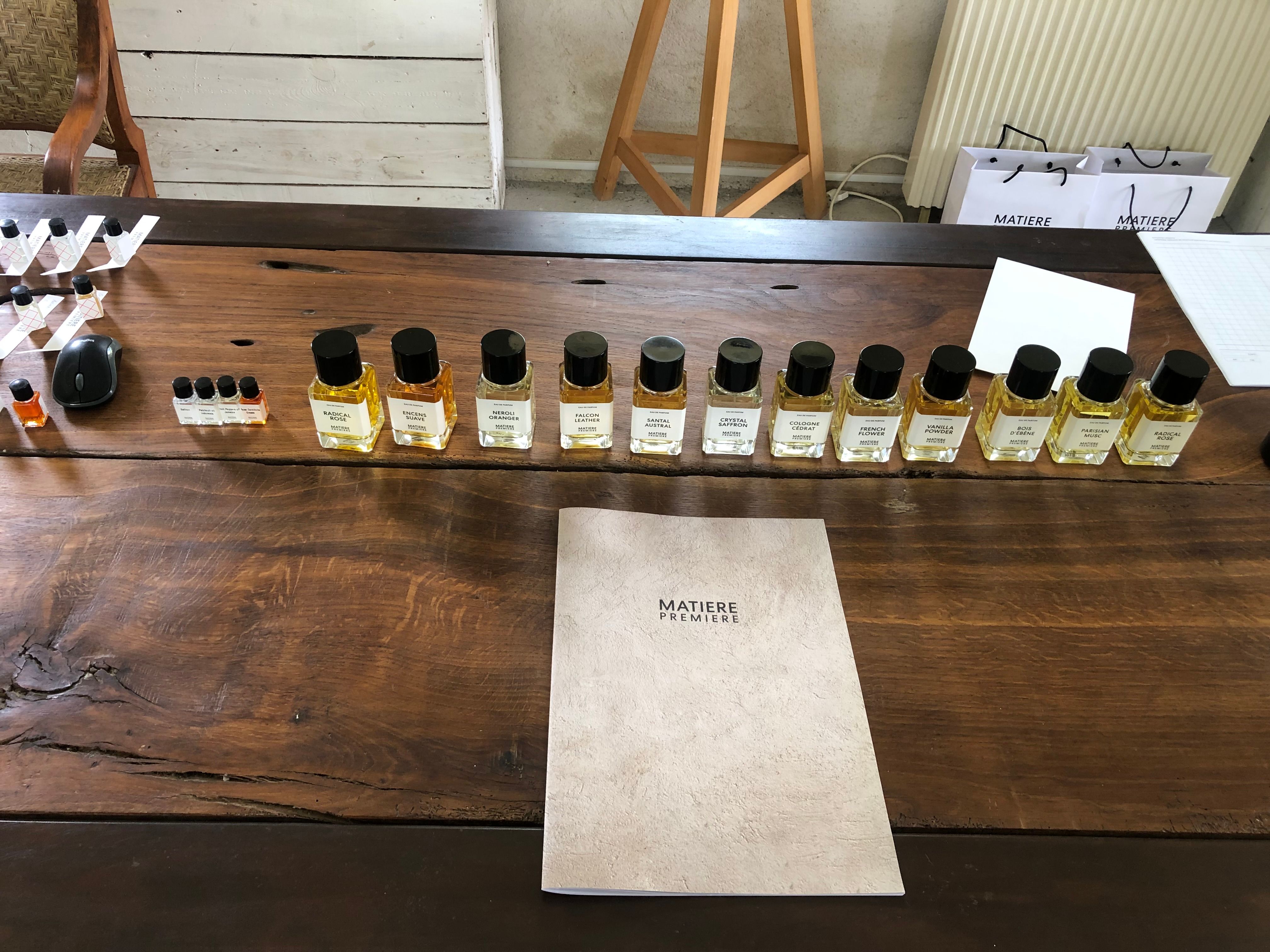
The perfumer and co-founder of the brand MATIERE PREMIERE owns a rose centifolia farm in the Grasse region in the south of France—located directly next to his atelier—that is UNESCO recognized land. Founded in 2016, the French perfume brand MATIERE PREMIERE is one of a handful of brands worldwide that cultivates its own raw materials. 032c talked to Guichard, who also works with many major luxury houses on their scents, about the uprise of niche fragrances, stereotypical smells, and how to tell if a perfume is good.
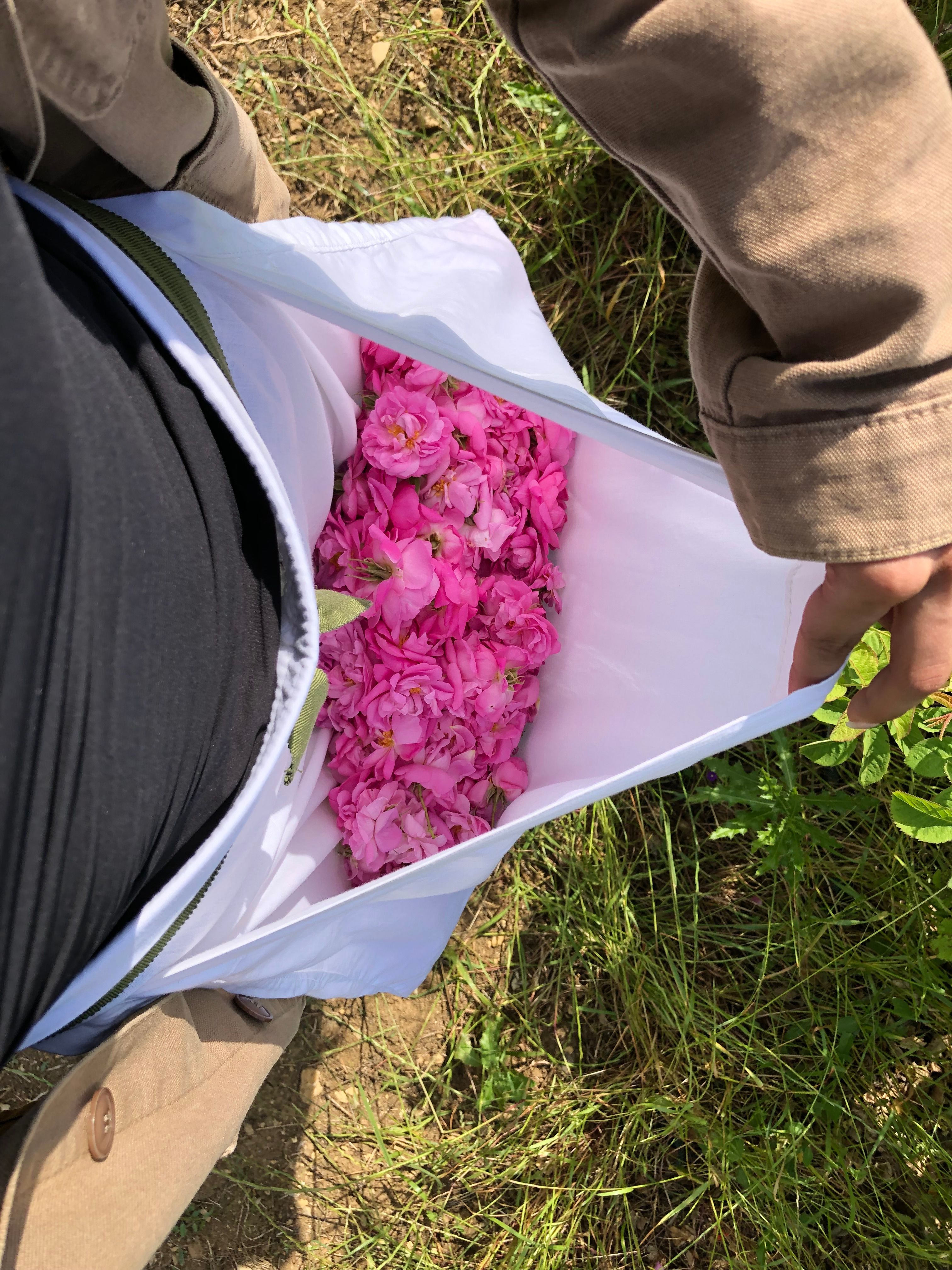
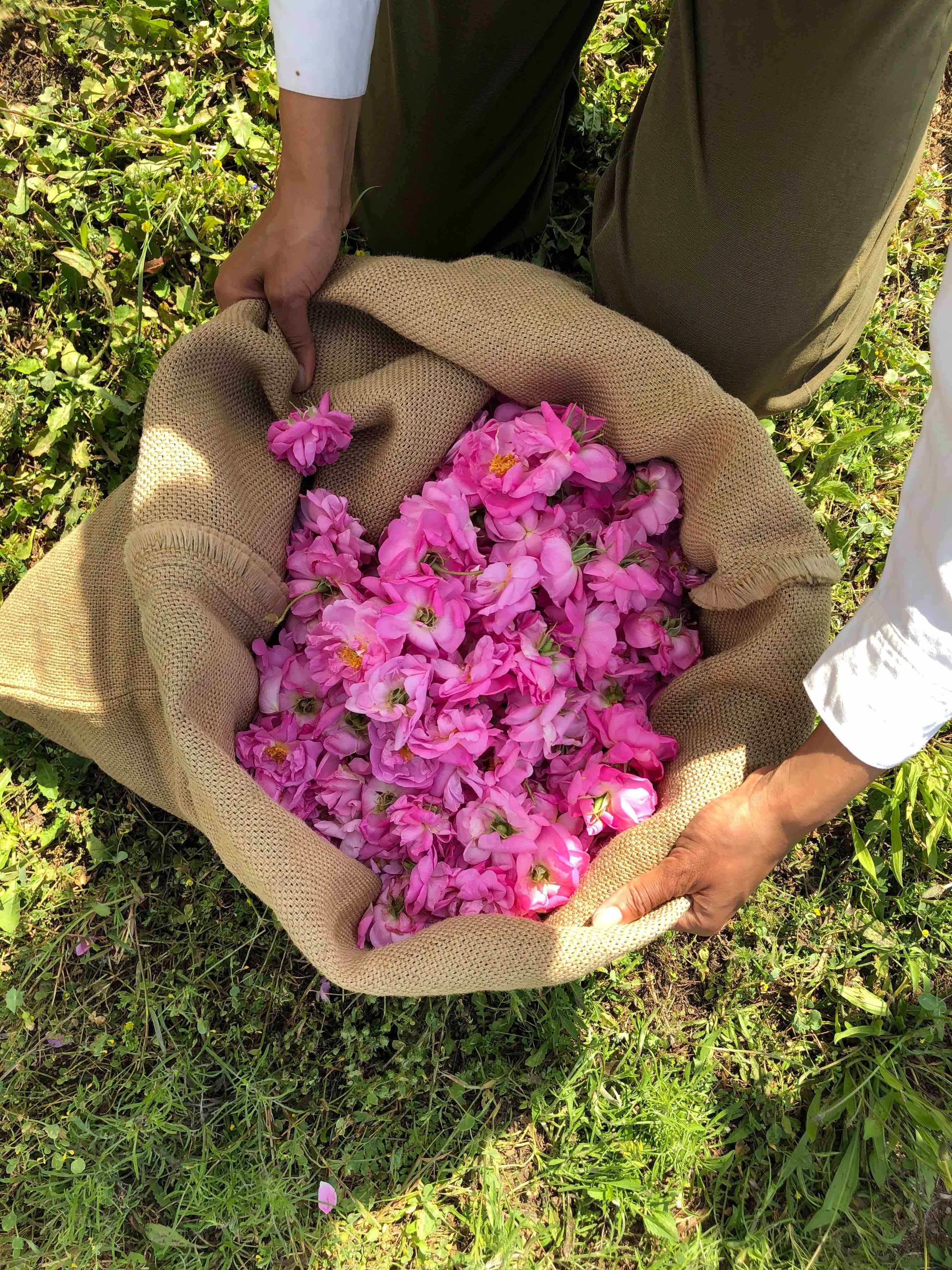
Prior to founding MATIERE PREMIERE, you created perfumes for brands including Burberry, Issey Miyake, and Gucci. What led you to starting your own brand? Was there anything that you felt like was creatively constraining your work being under the umbrella of a big house?
AURÉLIEN GUICHARD: I still wear multiple creative hats. In addition to being co-founder and perfumer at MATIERE PREMIERE, I’m also a senior perfumer at Takasago and compose fragrances for designer houses such as Burberry, Issey Miyake, and Gucci. Additionally, I’m a farmer since we organically grow our own roses, tuberoses, and lavender for MATIERE PREMIERE. Our fields are intricately linked to the birth of our brand. In 2016, I established an eco-certified estate in my native region of Grasse with the vision of using these flowers in future creations for the fragrance and fashion houses I worked with. In 2017, during a summer stay at the estate with my friends and co-founders Cédric and Caius, we realized we shared a common desire to create something centered around the raw beauty of natural ingredients and their unique textures.
Throughout my career, I've experienced a great sense of freedom, even when working for other brands. I enjoy both of my creative roles, as my approach to composing for other houses and my own brand are different. However, my brand allows me to fully express my tastes and desires. As both the perfumer and the creative director, I have the freedom to bring my vision to life completely.
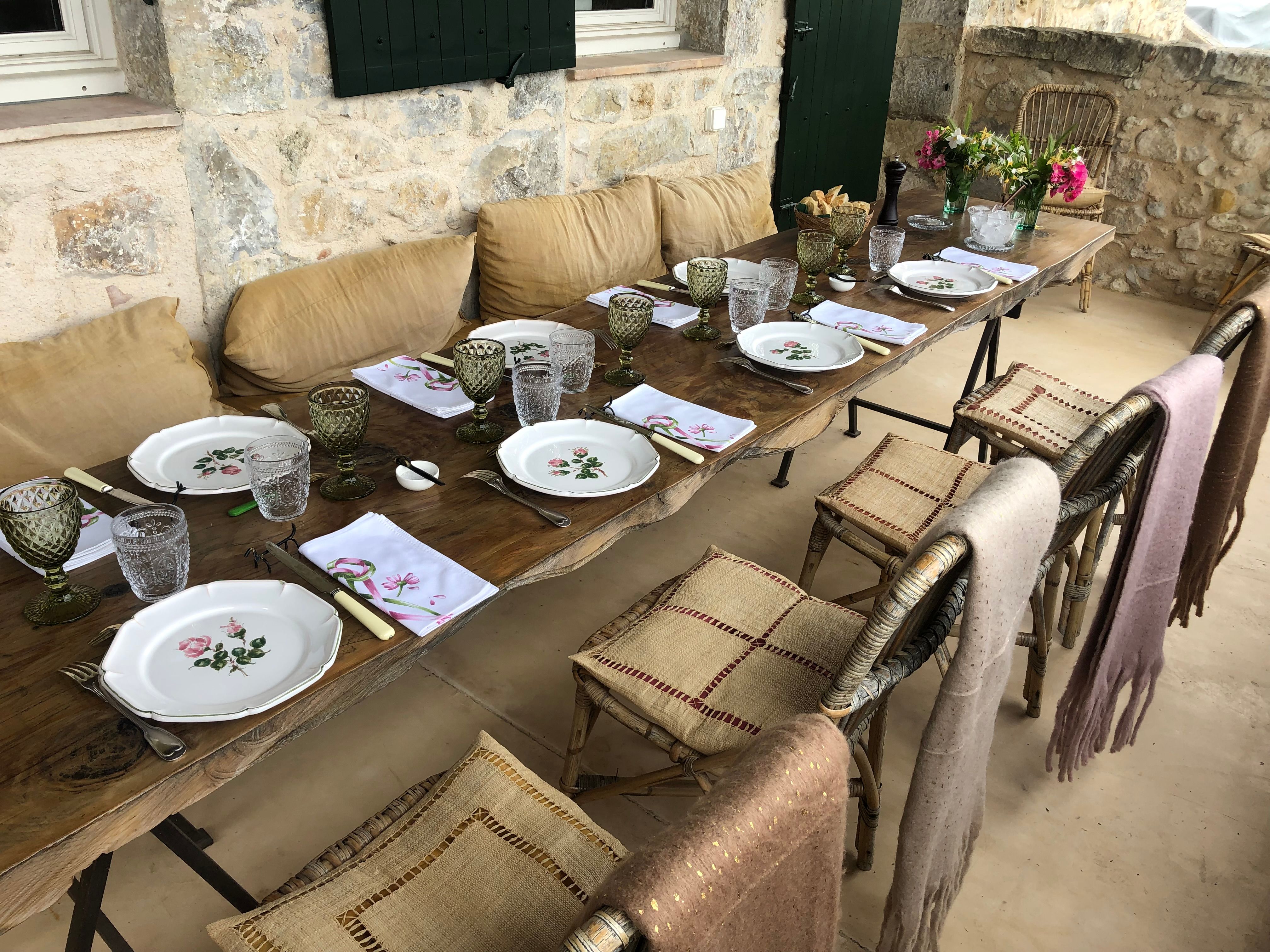
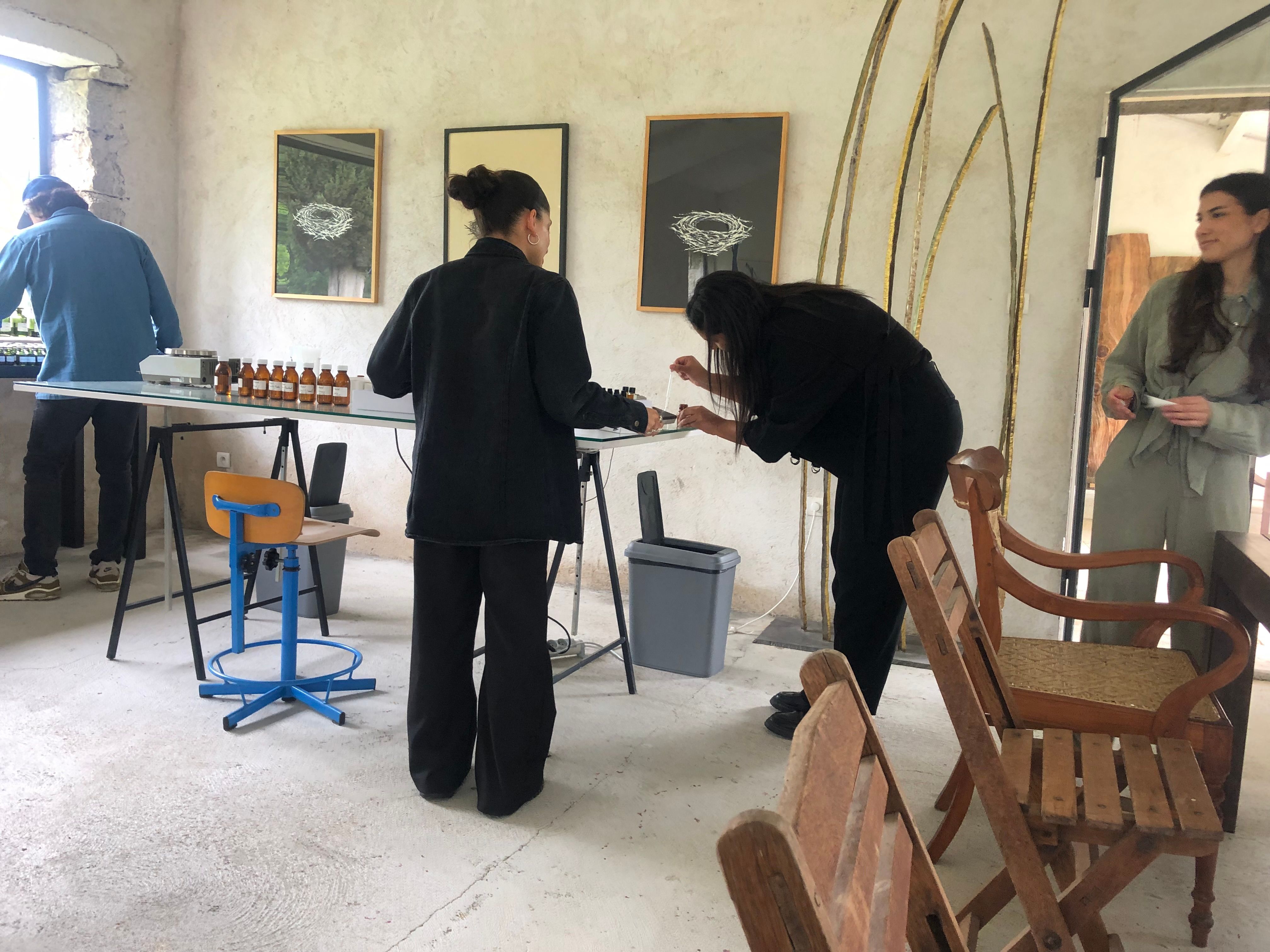
You intend to be the “highest-quality contemporary French perfumery.” What does quality mean in the context of fragrances, and how can a consumer differentiate between “good” and “bad” fragrances—without, perhaps, looking too much at the price tag?
There are several factors to consider when it comes to quality. First and foremost, quality begins with the ingredients. At MATIERE PREMIERE, we only use the finest natural ingredients, some of which we cultivate ourselves. Our creative approach is ingredient-first—MATIERE PREMIERE means “raw material” in French. No matter where I source an ingredient from, I always privilege olfactive excellence and ethically responsible productions. I compose our fragrances around one central natural ingredient, used in its highest dosage. This approach extends to the product names, nearly all our fragrances are named after their central ingredient.
How a fragrance is formulated also affects its quality. For MATIERE PREMIERE fragrances, I highlight the most beautiful facets of the central ingredient with few, equally carefully chosen additional ingredients. In perfumery, we say that the less money we have to make a fragrance, the more complex the formula will be. At MATIERE PREMIERE we want to do the opposite.
And the quality of fragrance is also linked to how it behaves on the skin. A high-quality fragrance should diffuse, have long-lasting staying power, and hopefully, generate a lot of compliments.
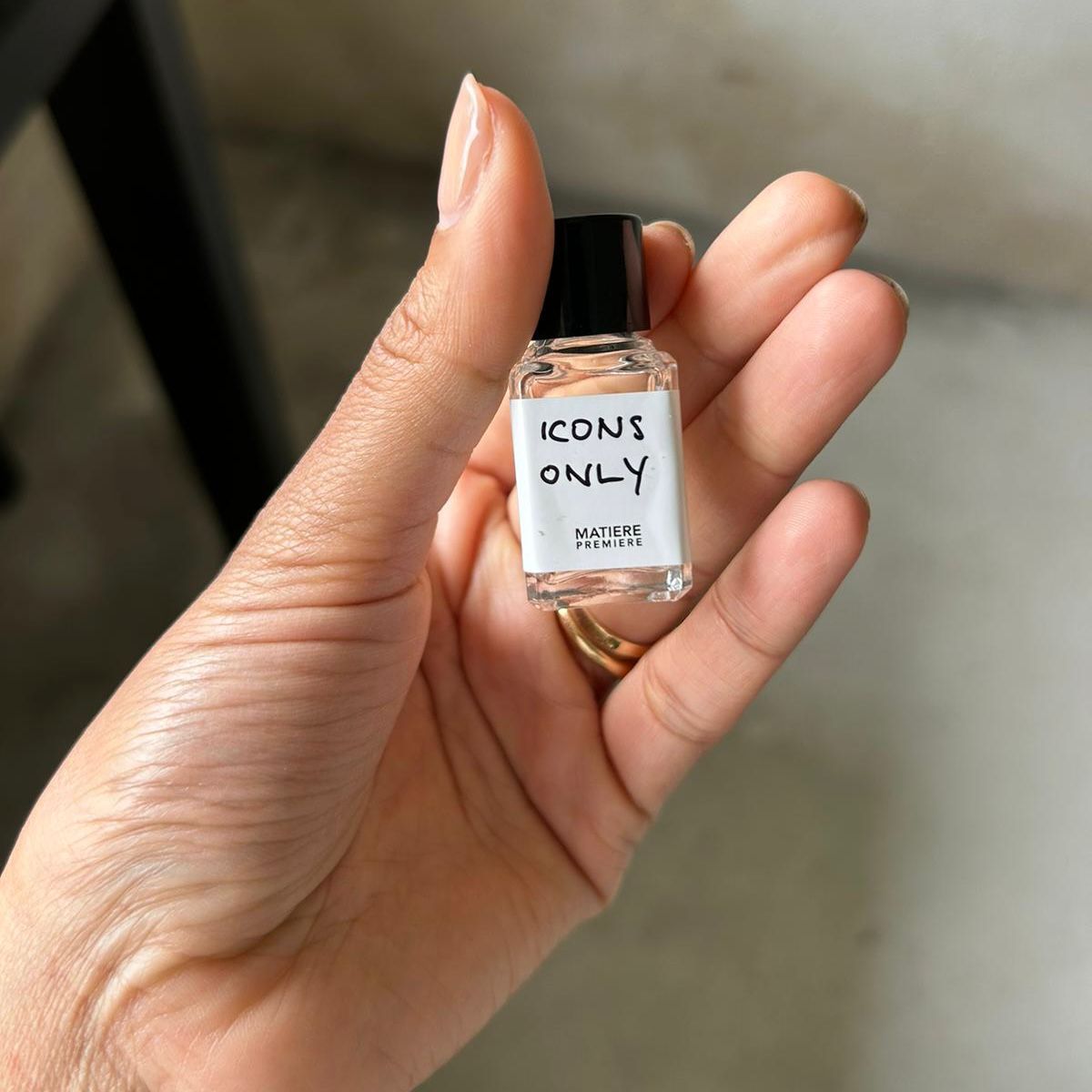
MATIERE PREMIERE can be framed as a niche fragrance brand. The niche fragrance section is currently the fastest growing category in the fine fragrance market, and there is a general development of brands towards aiming to find their niche again amidst the mainstreamization of luxury. Would you describe yourself as niche and do you think that comes with benefits?
We don’t subscribe to a specific fragrance category because we want to touch and reach many people. That said, we benefit from the growing interest in niche perfumery. People are increasingly looking to understand what they are wearing both olfactively and qualitatively, and above all to smell different from everyone else. Before creating MATIERE PREMIERE, many people around me working in the creative fields told me that they no longer wore perfumes—they found them all too sweet, too similar, lacking personality. Today, perfumes mix so many different ingredients that, in the end, it’s difficult to understand what you’re wearing. With MATIERE PREMIERE, I wanted to do the opposite and put natural ingredients of the highest quality in the center of my creations with short and understandable formulas, elegant fragrances that diffuse without being overpowering. I sincerely believe that the luxury of today and tomorrow lies in a direct access to the beauty of the raw materials.
Kering Beauté recently invested in your company. How do you see the brand changing through this investment?
We have just welcomed Kering Beauté as a minority investor. Us three founders remain the majority stakeholders. This minority investment gives us the time and financial means to bring our vision to life: to build MATIERE PREMIERE into a global luxury perfume house.
There is a lot of research around the politics of smell and how smell influences the way we experience space, places, and each other. How do you include scientific research in the creation of your perfumes?
Rather than including scientific research into my perfumes, I like observing how fragrances affect people. Their interaction with each other and how fragrances make them feel...
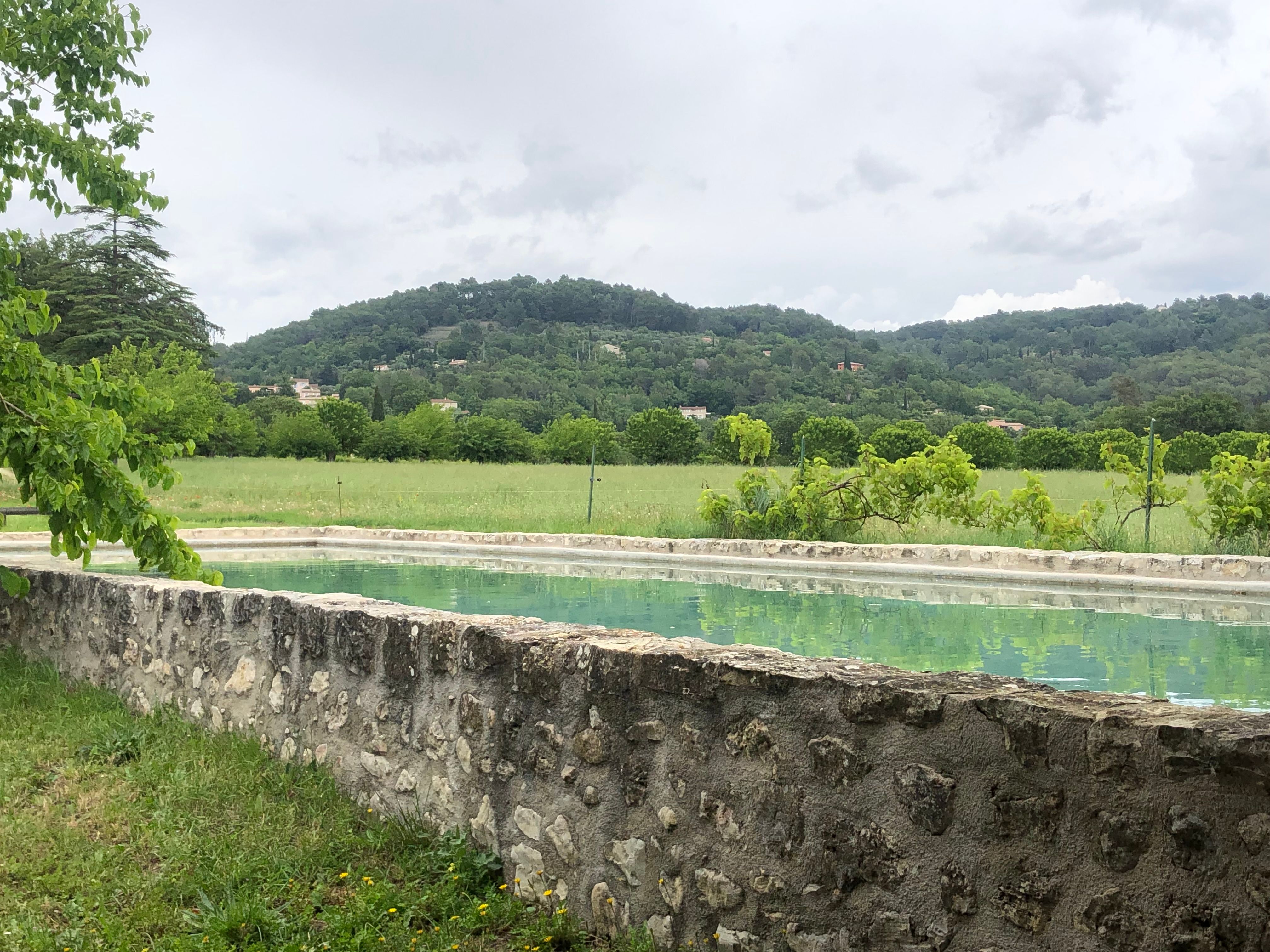
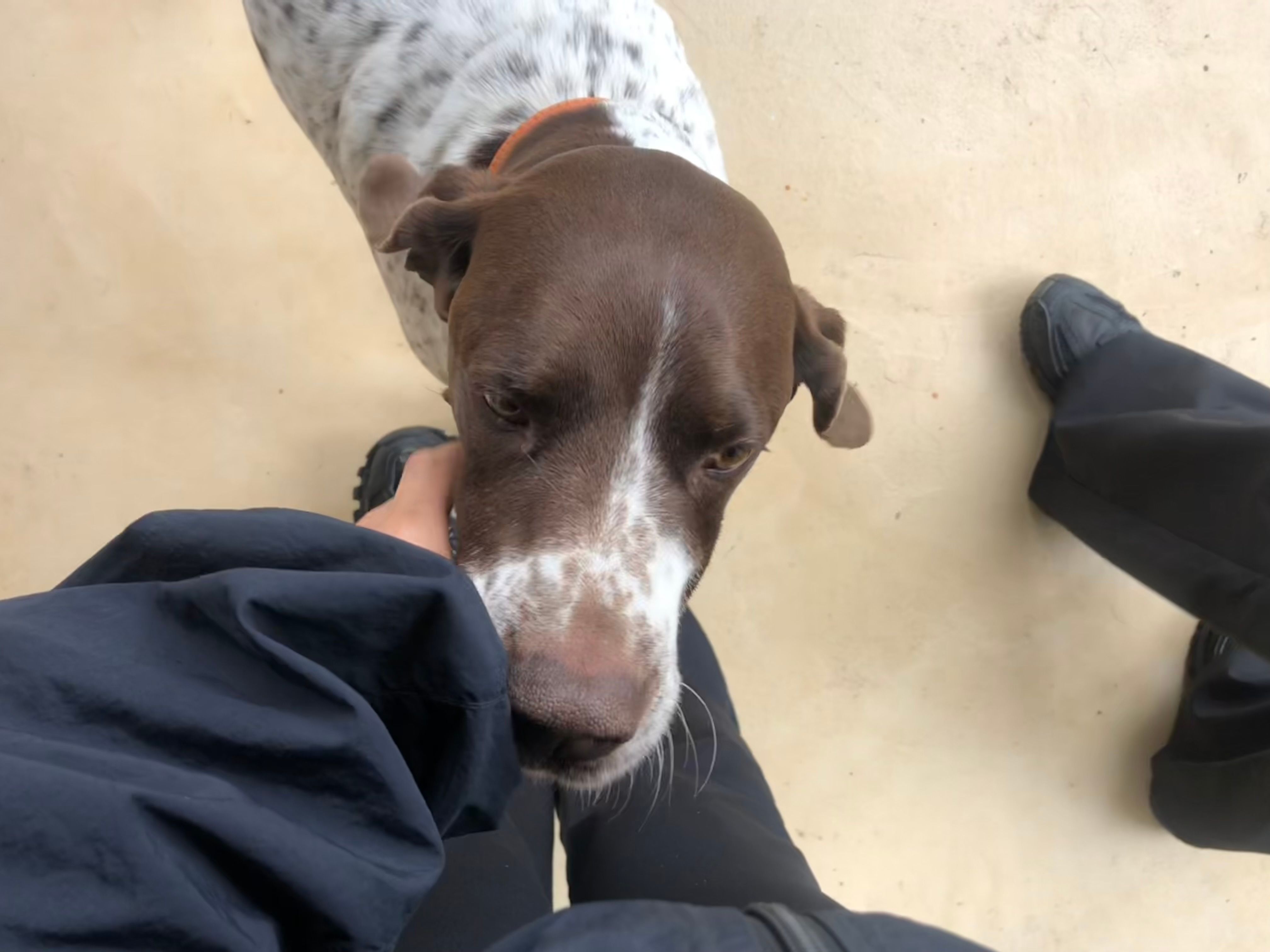
In our world where we predominantly experience life through images, being constantly bombarded by visuals, it seems hard to be able to process information through other senses, for example smell. In what ways do your fragrances send out information to those who smell them and how do they “add” information to the wearer?
I don’t see fragrance as something intellectual—all I hope for is that the perfumes I compose provoke emotions and give someone a deep feeling of satisfaction and uniqueness. Fragrances are a way of amplifying one’s sense of presence. That to me is the magic of perfume. It’s a way of communicating—choose your fragrance based on what you want to say.
There are also many cliches around smells, for example vanilla. One of your fragrances, Vanilla Powder, is particularly popular. How do you perceive the smell vanilla, and was this fragrance an attempt to rebrand vanilla?
When we create a fragrance, our obsession is to share the beauty of the ingredient. I tend to think in terms of textures, so I try to underline and amplify what I think is beautiful in an ingredient, the texture of it. Vanilla is a classic ingredient in perfumery, so naturally people have a lot of pre-conceptions about it. With Vanilla Powder, we wanted to create a different, sophisticated take on vanilla, far from the sweetness you could expect. The first versions I had of Vanilla Powder were much closer to the smell of vanilla absolute, which is rich, warm, intense, and quite comforting. Although I personally loved this direction, feedback from those around me suggested it reminded them of a dessert. For many, vanilla is strongly associated with food. I then decided to take a different route with the creation, creating luminosity and verticality in the perfume. I chose to contrast the rich, deep, and dark facets of the vanilla absolute from Madagascar with a natural Palo Santo oil, and an explosion of white modern powders, coconut and white musks, which give the fragrance a contemporary and luminous aspect.
Overall, our ingredient-first approach means that the fragrance is always inspired by the ingredient itself rather than from a personal narrative of mine. I aspire for each fragrance to connect with its wearer independently, allowing everyone to create their own story and relationship with the ingredient and the perfume.
